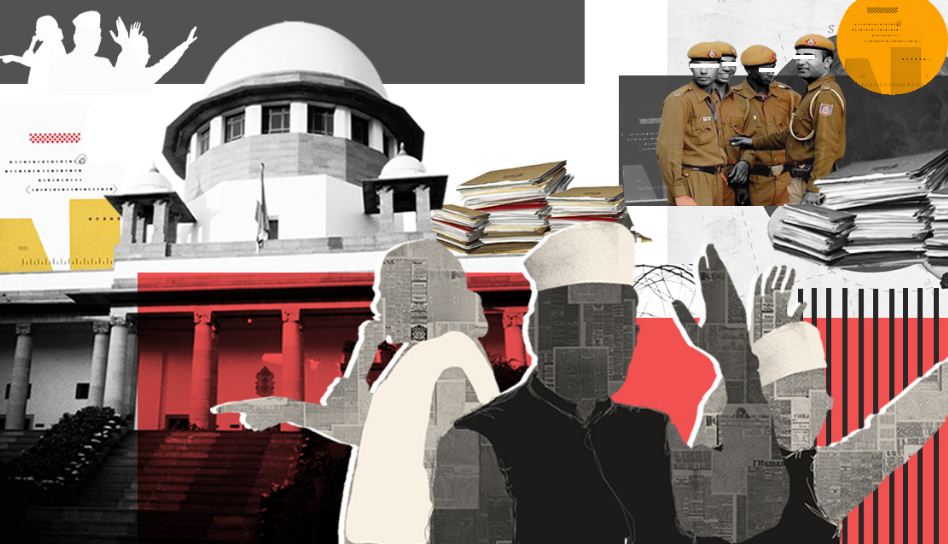Microsoft's Email Filter Blocks "Palestine": Employee Backlash Explained

Table of Contents
The Technical Explanation: How Does Microsoft's Filter Work?
Microsoft's email filtering system, like many others, employs a combination of techniques to identify and block unwanted content. These include keyword filtering, machine learning algorithms that analyze email content for suspicious patterns, and potentially, lists of known spam sources or blocked terms. While the exact algorithms are proprietary, the blocking of "Palestine" suggests a potential flaw in the system's keyword identification and context analysis.
The term "Palestine," unfortunately, might be flagged due to its association with sensitive geopolitical topics and potentially controversial online discussions. The filter, lacking sufficient nuanced understanding of context, may treat the word as a trigger for unwanted content, regardless of its actual usage. This highlights several potential technical weaknesses:
- Overly broad keyword filters: The system might use overly broad filters that capture legitimate uses of "Palestine" alongside inappropriate ones.
- Lack of context analysis: The filter may fail to distinguish between harmless mentions of "Palestine" (e.g., in academic papers, news articles, or personal communications) and genuinely problematic content.
- Insufficient training data: The machine learning model might have been trained on data that disproportionately associates "Palestine" with negative contexts, leading to biased and inaccurate flagging.
Improving the system requires refining keyword filters, incorporating more sophisticated natural language processing (NLP) to understand context, and using vastly expanded and more diverse training datasets to reduce bias and improve accuracy.
Employee Backlash and Internal Response: The Human Cost of Censorship
The blocking of "Palestine" triggered a significant and widespread employee backlash. Reports indicate protests, petitions, and public statements from employees expressing their outrage and concern. The action was particularly hurtful to employees of Palestinian descent, who felt silenced and marginalized by their own employer. This incident underscores the human cost of censorship and the negative impact on employee morale and trust in Microsoft's leadership.
Different employees reacted in various ways:
- Open letters and petitions: Employees circulated open letters and petitions demanding transparency and an end to the discriminatory filtering.
- Internal discussions and meetings: Internal discussions and meetings were held to address employee concerns and seek solutions.
- Social media campaigns: Employees took to social media to raise awareness of the issue and voice their dissent.
- Potential legal action considerations: Some employees may explore legal avenues to address the perceived discriminatory practices.
Wider Implications: Freedom of Speech and Corporate Responsibility
Microsoft's actions raise critical questions about freedom of expression and corporate social responsibility. The blocking of "Palestine" impacts not only employees but also potentially hinders academic discourse, journalistic reporting, and freedom of speech more broadly. The incident has brought intense scrutiny upon Microsoft, highlighting the complexities of online content moderation and the significant power tech giants wield in shaping online narratives.
The implications extend far beyond Microsoft:
- Impact on academic discourse and research: Restricting the use of "Palestine" can stifle academic research and discussions on relevant topics.
- Limitations on freedom of speech in the digital age: This incident underscores the ongoing debate about balancing security concerns with the preservation of fundamental rights.
- The role of corporations in shaping online narratives: Tech companies have a significant influence on what information is accessible and how online discussions unfold.
- Calls for greater transparency and accountability from tech giants: The incident reinforces the demand for greater transparency and accountability from tech companies regarding their content moderation practices.
Microsoft's Response and Future Outlook: Learning from the Controversy
Microsoft's official response to the controversy has been crucial in shaping public perception. While initial statements might have lacked clarity, the company’s subsequent actions, including updates to its filtering system, will be key to determining whether it adequately addresses the concerns raised. Any changes to their email filtering system – whether involving algorithmic adjustments or clearer guidelines for acceptable content – will indicate Microsoft's commitment to rectifying the situation and preventing similar incidents.
The long-term implications depend heavily on the effectiveness and transparency of Microsoft's response. If the company adequately addresses the technical flaws, provides better contextual understanding to its filters, and establishes robust mechanisms for handling user complaints, it could potentially emerge stronger and more responsible. However, a failure to convincingly address the underlying issues could damage the company’s reputation and erode trust among employees and the wider public.
Conclusion: Understanding the Microsoft Email Filter and the "Palestine" Block
The controversy surrounding Microsoft's email filter blocking "Palestine" highlights the complex interplay between technological limitations, ethical considerations, and the fundamental right to freedom of expression. Technical flaws in the email filtering system, coupled with a lack of contextual understanding, resulted in a significant employee backlash and raised serious concerns about censorship and corporate social responsibility. Microsoft's response and any subsequent changes to its policies will determine the long-term consequences of this incident.
It is vital for tech companies to prioritize ethical considerations in the development and deployment of their technologies. We encourage readers to actively engage in discussions about content moderation, corporate responsibility, and freedom of speech, particularly in relation to Microsoft's email filter and similar cases. We urge you to contact Microsoft directly and share your opinion regarding this significant event. Let's collectively strive for a more just and equitable digital landscape where the term "Palestine," and all expressions of identity and opinion, are treated with respect and fairness.

Featured Posts
-
 Rio Tinto And Andrew Forrest Clash Over Pilbaras Future
May 23, 2025
Rio Tinto And Andrew Forrest Clash Over Pilbaras Future
May 23, 2025 -
 Internet Reacts Kermit The Frog As Umds 2025 Commencement Speaker
May 23, 2025
Internet Reacts Kermit The Frog As Umds 2025 Commencement Speaker
May 23, 2025 -
 Fall In Mp Referred Send Cases For Local Council
May 23, 2025
Fall In Mp Referred Send Cases For Local Council
May 23, 2025 -
 1 050 Price Hike On V Mware At And Ts Concerns Over Broadcoms Acquisition
May 23, 2025
1 050 Price Hike On V Mware At And Ts Concerns Over Broadcoms Acquisition
May 23, 2025 -
 Alpine Village Evacuation Livestock Moved Due To Landslide Threat
May 23, 2025
Alpine Village Evacuation Livestock Moved Due To Landslide Threat
May 23, 2025
Latest Posts
-
 Jonathan Groff Could Just In Time Make Tony Awards History
May 23, 2025
Jonathan Groff Could Just In Time Make Tony Awards History
May 23, 2025 -
 Jonathan Groffs Just In Time Performance A Tony Awards Prediction
May 23, 2025
Jonathan Groffs Just In Time Performance A Tony Awards Prediction
May 23, 2025 -
 Jonathan Groffs Potential Tony Awards History With Just In Time
May 23, 2025
Jonathan Groffs Potential Tony Awards History With Just In Time
May 23, 2025 -
 Could Jonathan Groff Win A Tony For Just In Time Analyzing His Chances
May 23, 2025
Could Jonathan Groff Win A Tony For Just In Time Analyzing His Chances
May 23, 2025 -
 Jonathan Groffs Tony Awards Potential A Look At Just In Time
May 23, 2025
Jonathan Groffs Tony Awards Potential A Look At Just In Time
May 23, 2025
